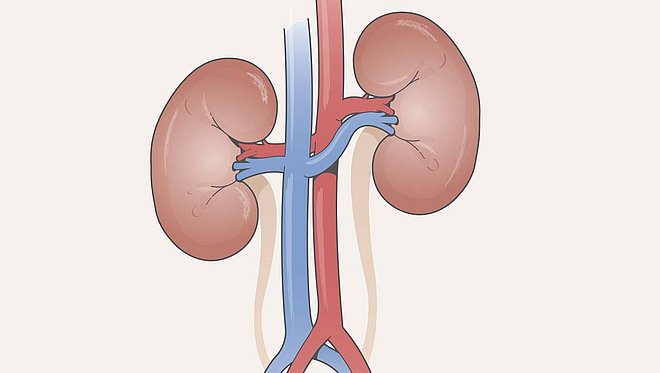Family and caregivers

Chronic kidney failure – a challenge for families and caregivers

Living with kidney disease is not something you should go through alone. Nevertheless, family dynamics often change when one member has a chronic illness. The people closest to the patient are often emotionally affected. But it does not have to be a negative experience. In fact, living with kidney disease can, and often does, bring the family closer together. Over time family life can reach a new norm, different than before, but just as valid.
There are many people who form part of a support system: from family and friends; to healthcare professionals; to agencies that specialize in working with people who have kidney disease. Remember, you are not alone. Your hospital's social worker can guide, advise and support you in many areas: especially regarding social services and financial resources.

The impact on family life
Time management
A patient who needs dialysis for three days or nights a week in a center, needs good time management to balance their dialysis schedule with other activities, and needs, as well. That time-balancing-act may well take a few weeks to adjust and figure-out a new schedule that works for you and your family.
Nutrition
As limits on potassium, phosphorus, salt and fluids intake are often recommended for people with kidney disease, meal preparation has to be adjusted for the patient and their family. Some simple tips and ideas include using more spices and herbs in each meal, in place of salt. Or trying a “build your own” meal approach, where each family member can add ingredients to their own plate.
You can find a range of recipes at the following links:
The impact on the patient
How kidney disease feels physically
The symptoms of kidney disease may physically include the feeling of having a flu, all the time. For example, the person with kidney disease may feel:
Tiredness and weakness
They may feel tired and weak, so that it's hard for them to manage walking up a flight of stairs, or take a walk around the block. They may feel the need to sleep more than they usually do.
Coldness and temperature
They may feel cold all the time, as if they have a fever.
Lack of concentration and forgetfulness
They may have trouble concentrating, or may forget things more than is usual for them. These symptoms are most often due to anemia - a shortage of red blood cells - which can be treated.
Other symptoms which sometimes occur
Swelling
A person with kidney disease has kidneys that aren’t removing fluid. So swelling may occur in the feet, ankles, hands or face. So that sometimes they can’t put shoes on. Extra fluid in the lungs can make it hard for them to breath. And that difficult breathing may sometimes be mistaken for asthma or pneumonia. Having too much fluid can strain the heart, especially in someone whose heart is already weak due to congestive heart failure, or other problems.
Restless legs, insomnia, phosphorous itching
Many symptoms are often treatable. So talk with the doctor of the family member who needs care, the doctor can help you.

